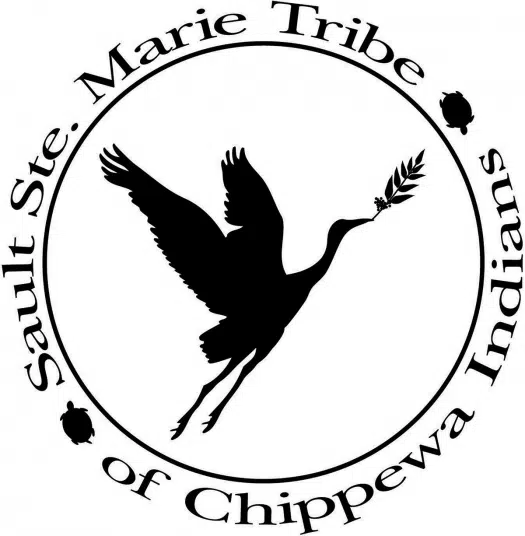The Sault Ste. Marie Tribe of Chippewa Indians took decisive action at its board meeting this past Tuesday to recognize the tribe’s responsibility to protect the inherent rights of the natural world, including plants, animals and the land and water that make up their homes, which are collectively referred to in Anishinaabeg culture as “More Than Human Relatives.”
The resolution passed by the board is titled “Resolution Establishing Protection of Our First Family” and states that Anishinaabeg izhitwaawin, or ways of thinking and being, finds that humans are not top of the evolutionary hierarchy, but rather dependent upon the older wiser More Than Human Relatives that were created before humans. It makes clear that the natural world has rights based upon their own inherent value beyond their ecological relationship to humans and calls for their needs to be taken into consideration when making decisions that affect their habitat, populations, and overall wellbeing.
“With the passage of this resolution, the Sault Tribe now joins a global indigenous movement to take on the responsibility to protect our older and wiser More Than Human Relatives that we share this world with and on which we are mutually dependent on for survival,” said Sault Tribe Chair Austin Lowes.
The resolution was drafted last summer in response to harm discovered to a stand of Giizhik (northern white cedar) trees from improper bark harvest within the 1836 treaty territory. It was then recommended for board approval by the Sault Tribe Food Sovereignty Committee and Tribe Natural Resources Division before receiving unanimous support by the Tribe Board of Directors.
“From extractive mining and forestry practices to the harmful use of pesticides and chemicals on the land to the destruction of our sacred rapids for the shipping industry that caused the introduction of invasive species into the Great Lakes, our people have witnessed generations of injury to our More Than Human Relatives,” said Lowes. “This resolution reaffirms our commitment to our shared dependence with them and to honoring our ancestors by always making decisions with the next seven generations of both human an non-human beings in mind.”
Lowes stated that the resolution is just one important step and that the tribe will continue to identify opportunities to update the tribal code to ensure its laws reinforce the goals stated in the resolution.






















Comments